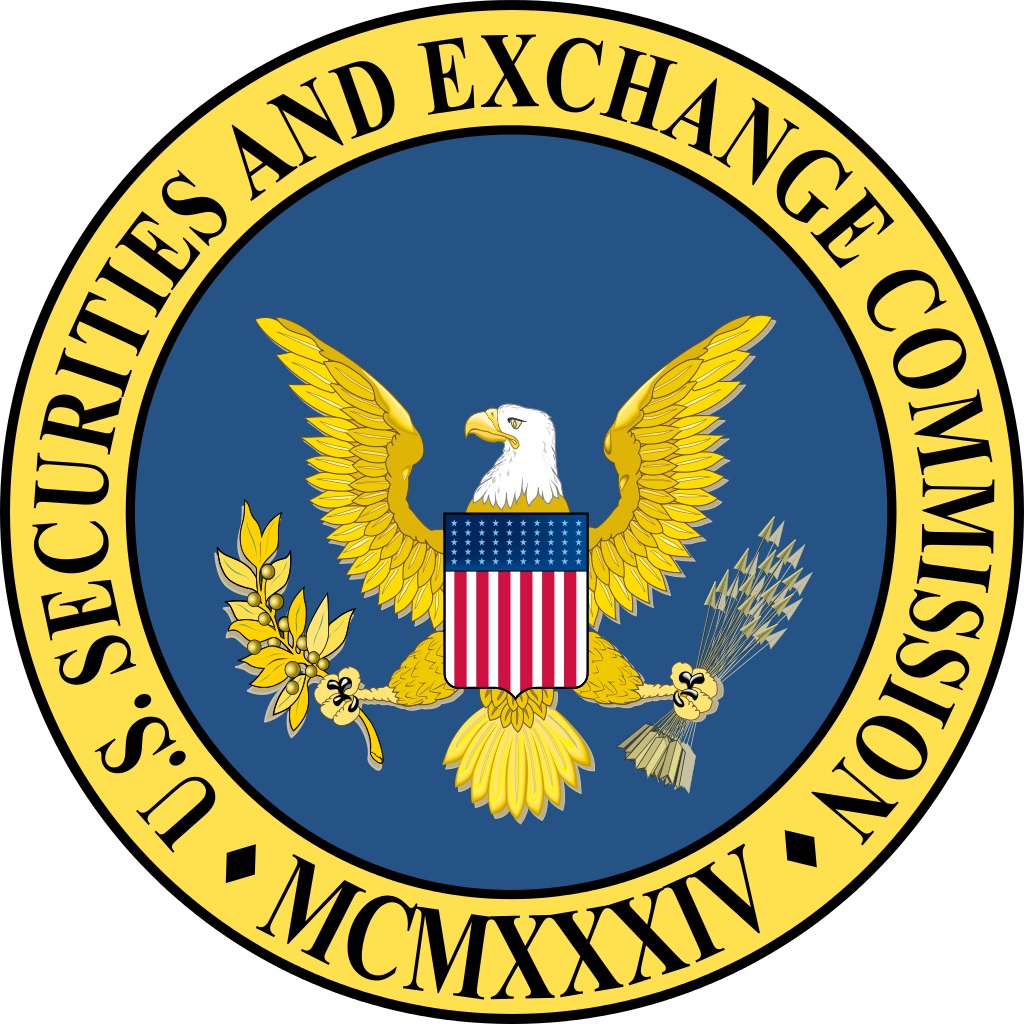Banking, finance, and taxes
SEC Charges Florida Real Estate Developer With Improper Accounting
Published:
The U.S. Securities and Exchange Commission (SEC) charged the St. Joe Company, a Florida-based real estate developer and landowner, with improperly accounting for the declining value of its residential real estate developments during the financial crisis. The company was charged, along with its former top executives and two former accounting department directors.
As a result of this misconduct, St. Joe reported materially overstated earnings and assets in 2009 and 2010.
According to the SEC, St. Joe, through its former CEO William Britton Greene, former CFO William S. McCalmont, former Chief Accounting Officer Janna L. Connolly and former Directors of Accounting J. Brian Salter and Phillip B. Jones, repeatedly failed to properly apply generally accepted accounting practices in testing St. Joe’s real estate developments for impairment, resulting in the failure to take required write-downs on properties hit hard by the financial crisis.
The company agreed to pay a $2.75 million civil penalty to settle the SEC’s charges, and Greene agreed to pay a $120,000 penalty and disgorge ill-gotten gains of $400,000 plus prejudgment interest. McCalmont agreed to pay a $120,000 penalty and disgorge $180,000 plus prejudgment interest. Connolly agreed to pay a $70,000 penalty and disgorge $60,000 plus prejudgment interest, and Salter agreed to pay a $25,000 penalty. McCalmont, Connolly, Salter and Jones each further agreed to be suspended from appearing or practicing before the SEC as an accountant, with the right to apply for reinstatement after two years (in the case of McCalmont and Jones) and after three years (in the case of Connolly and Salter).
ALSO READ: States With the Widest Gap Between Rich and Poor
Andrew J. Ceresney, director of the SEC’s Enforcement Division, said:
Where specialized accounting rules govern, it is essential that those responsible for the company’s accounting and financial reporting be familiar with and properly apply them. St. Joe and its senior executives failed to do so here, and thereby deprived investors of critical information with which to make informed investment decisions.
Stephen L. Cohen, associate director of the SEC’s Enforcement Division, also commented:
St. Joe’s senior executives continuously failed to ensure that the company’s impairment testing included all costs, and that the company’s internal controls were properly applied. As a result, St. Joe’s financial statements repeatedly failed to accurately reflect the declining value of its most important assets during the financial crisis.
If you’re one of the over 4 Million Americans set to retire this year, you may want to pay attention.
Finding a financial advisor who puts your interest first can be the difference between a rich retirement and barely getting by, and today it’s easier than ever. SmartAsset’s free tool matches you with up to three fiduciary financial advisors that serve your area in minutes. Each advisor has been carefully vetted, and must act in your best interests. Start your search now.
Don’t waste another minute; get started right here and help your retirement dreams become a retirement reality.
Thank you for reading! Have some feedback for us?
Contact the 24/7 Wall St. editorial team.